When it comes to owning and caring for horses, providing a safe and comfortable environment should be a top priority. Your equine facility should be designed to meet the needs of your horses and ensure their well-being. Investing in the right must-haves for your facility not only benefits your horses but also makes your job as a horse owner or caretaker much easier. In this article, we will discuss the importance of five essential must-haves for your equine facility and the benefits they provide.
Adequate Shelter: The Importance of Providing a Safe and Comfortable Environment for Your Horses
One of the most important must-haves for your equine facility is adequate shelter. Horses need protection from the elements, including extreme heat, cold, rain, and wind. Without proper shelter, horses can suffer from heatstroke, hypothermia, or other weather-related health issues.
There are several types of shelter options available, including run-in sheds, barns, and stables. When choosing shelter for your horses, you should consider factors such as the number of horses you have, the climate in your area, and your budget. It is important to provide enough space for each horse to have their own area within the shelter.
Providing adequate shelter for your horses has numerous benefits. It helps protect them from extreme weather conditions, reduces their stress levels, and promotes overall health and well-being. Additionally, having a designated shelter area makes it easier for you to monitor your horses’ health and provide any necessary care or treatment.
Clean Water and Nutritious Feed: The Key to Keeping Your Horses Healthy and Happy
Clean water and nutritious feed are essential for maintaining the health and happiness of your horses. Horses require access to fresh, clean water at all times to stay hydrated and prevent dehydration. It is important to regularly clean and refill water troughs or buckets to ensure the water remains clean and free from contaminants.
In addition to clean water, horses also need a balanced and nutritious diet. The type and amount of feed will depend on factors such as the horse’s age, weight, activity level, and overall health. It is important to consult with a veterinarian or equine nutritionist to determine the best feeding program for your horses.
Providing clean water and nutritious feed has several benefits for your horses. It helps maintain their overall health, supports proper digestion, and provides them with the energy they need for daily activities. A well-fed and hydrated horse is also less likely to develop health issues such as colic or laminitis.
Secure Fencing: Protecting Your Horses from Potential Hazards and Predators
Secure fencing is another must-have for your equine facility. It helps keep your horses safe by preventing them from wandering off or getting into areas where they could injure themselves. Fencing also serves as a barrier to keep out potential predators or other animals that could harm your horses.
There are various types of fencing options available, including wood, vinyl, electric, and wire mesh. When choosing fencing for your facility, you should consider factors such as the size and temperament of your horses, the terrain of your property, and your budget. It is important to choose fencing that is sturdy, durable, and safe for your horses.
Providing secure fencing for your horses has numerous benefits. It gives them the freedom to move around within a designated area while keeping them safe from potential hazards. Secure fencing also provides peace of mind for horse owners or caretakers, knowing that their horses are protected and secure.
Proper Lighting: Ensuring Safety and Comfort for Your Horses, Even at Night
Proper lighting is an often overlooked but essential must-have for your equine facility. Good lighting ensures the safety and comfort of your horses, even during nighttime hours. It is important to have well-lit areas such as barns, stables, and outdoor spaces where horses are kept.
There are various lighting options available, including overhead lights, wall-mounted lights, and solar-powered lights. When choosing lighting for your facility, you should consider factors such as the size and layout of the area, the level of brightness needed, and energy efficiency. It is important to provide enough lighting to ensure visibility and reduce the risk of accidents or injuries.
Providing proper lighting for your horses has several benefits. It allows you to easily monitor their behavior and health during nighttime hours. Proper lighting also reduces the risk of accidents or injuries caused by poor visibility. Additionally, well-lit areas create a more comfortable and inviting environment for both horses and caretakers.
Proper Ventilation: The Importance of Fresh Air and Good Air Quality in Your Equine Facility

Proper ventilation is crucial for maintaining good air quality and ensuring the health and well-being of your horses. Horses produce a significant amount of moisture, heat, and dust, which can accumulate in enclosed spaces such as barns or stables. Without proper ventilation, these factors can lead to respiratory issues and other health problems.
There are several tips for providing good air quality in your equine facility. This includes ensuring proper airflow by installing windows or vents, using fans or exhaust systems to remove stale air, and regularly cleaning and maintaining the facility to reduce dust and allergens.
Providing proper ventilation has numerous benefits for your horses. It helps prevent respiratory issues such as allergies or infections. Good air quality also promotes overall health and well-being by reducing stress levels and improving comfort. Additionally, proper ventilation helps control temperature and humidity levels, creating a more pleasant environment for both horses and caretakers.
Grooming and Tack Storage: Keeping Your Horses’ Gear Clean, Organized, and Accessible
Grooming and tack storage are essential must-haves for your equine facility. Regular grooming helps keep your horses’ coats clean and healthy, while proper tack storage ensures that their gear is clean, organized, and easily accessible.
Grooming involves brushing the horse’s coat, mane, and tail to remove dirt, debris, and loose hair. It also includes cleaning the hooves, checking for any injuries or abnormalities, and applying grooming products such as fly repellent or coat conditioner. Regular grooming not only keeps your horses looking their best but also promotes good hygiene and overall health.
Proper tack storage is important for keeping your horses’ gear clean, organized, and in good condition. Tack refers to the equipment used for riding or handling horses, such as saddles, bridles, and reins. It is important to store tack in a clean and dry area to prevent damage from moisture or pests. Having a designated tack storage area also makes it easier to find and access the necessary equipment when needed.
Providing grooming and tack storage facilities has several benefits for your horses. Regular grooming helps maintain their overall health and hygiene. It also provides an opportunity for bonding between horses and caretakers. Proper tack storage ensures that the gear is clean, well-maintained, and ready for use whenever needed.
Safe and Ample Turnout: Giving Your Horses the Space and Freedom to Move and Play
Safe and ample turnout is essential for your equine facility. Horses are naturally active animals that require regular exercise and the freedom to move around. Turnout refers to the time horses spend outside of their stalls or enclosures in a designated area.
When providing turnout for your horses, it is important to ensure that the area is safe and secure. This includes checking for potential hazards such as loose wires or sharp objects, maintaining sturdy fencing, and providing adequate space for each horse to move and play. It is also important to consider factors such as the terrain, footing, and availability of shelter or shade.
Providing safe and ample turnout has numerous benefits for your horses. It allows them to stretch their legs, socialize with other horses, and engage in natural behaviors such as grazing or rolling. Regular turnout also helps prevent boredom, reduces stress levels, and promotes overall physical and mental well-being.
Regular Maintenance: Keeping Your Equine Facility in Top Condition and Avoiding Costly Repairs
Regular maintenance is crucial for keeping your equine facility in top condition and avoiding costly repairs. This includes routine inspections, cleaning, and repairs to ensure that all must-haves are functioning properly and are safe for your horses.
Some tips for maintaining your equine facility include regularly checking fences for any damage or loose wires, cleaning water troughs or buckets to prevent algae or bacteria growth, inspecting shelter areas for any leaks or structural issues, and cleaning and organizing grooming and tack storage areas.
Regular maintenance has several benefits for your equine facility. It helps identify and address any potential issues before they become major problems. Regular maintenance also extends the lifespan of your must-haves, reducing the need for costly repairs or replacements. Additionally, a well-maintained facility creates a more pleasant and inviting environment for both horses and caretakers.
Investing in the Right Must-Haves for Your Equine Facility Pays Off in the Long Run.
In conclusion, investing in the right must-haves for your equine facility is essential for providing a safe and comfortable environment for your horses. Adequate shelter, clean water and nutritious feed, secure fencing, proper lighting, proper ventilation, grooming and tack storage facilities, safe and ample turnout, and regular maintenance are all crucial components of a well-functioning equine facility.
By prioritizing the safety and comfort of your horses through these must-haves, you not only ensure their well-being but also make your job as a horse owner or caretaker much easier. The benefits of investing in the right must-haves include protecting your horses from potential hazards, promoting their overall health and well-being, and avoiding costly repairs or replacements.
In conclusion, it is important to prioritize the safety and comfort of your horses by investing in these must-haves for your equine facility. By doing so, you create a space that promotes their health and happiness, while also making your job as a horse owner or caretaker more enjoyable and manageable.
If you’re interested in learning more about horse breeds, Liv Stables has a great article on Thoroughbreds. Thoroughbreds are known for their speed and athleticism, making them a popular choice for racing and other competitive disciplines. To read more about Thoroughbreds and their characteristics, check out the article here.
FAQs
What is an Equine Facility?
An Equine Facility is a place where horses are kept, trained, and cared for. It can be a stable, a ranch, or a farm that provides various services for horses and their owners.
What services are offered in an Equine Facility?
Equine Facilities offer a range of services such as boarding, training, riding lessons, horse shows, breeding, and veterinary care. Some facilities also provide trail riding, horse leasing, and horse transportation services.
What are the benefits of boarding a horse in an Equine Facility?
Boarding a horse in an Equine Facility provides a safe and secure environment for the horse. The facility provides proper nutrition, shelter, and medical care for the horse. It also allows the horse to socialize with other horses and receive regular exercise.
What qualifications do Equine Facility staff need?
Equine Facility staff should have experience and knowledge in horse care, handling, and training. They should also have good communication skills and be able to work well with horses and their owners. Some staff may need to be certified in equine first aid or have a veterinary background.
What safety measures are in place in an Equine Facility?
Equine Facilities should have safety measures in place such as secure fencing, fire prevention systems, and emergency plans. Staff should also be trained in safety procedures and have access to first aid equipment. Riders should be required to wear appropriate safety gear such as helmets and boots.
What are the costs associated with using an Equine Facility?
The costs associated with using an Equine Facility vary depending on the services provided. Boarding fees can range from a few hundred to several thousand dollars per month. Training, lessons, and veterinary care are additional costs. Horse owners should budget for these expenses before using an Equine Facility.


